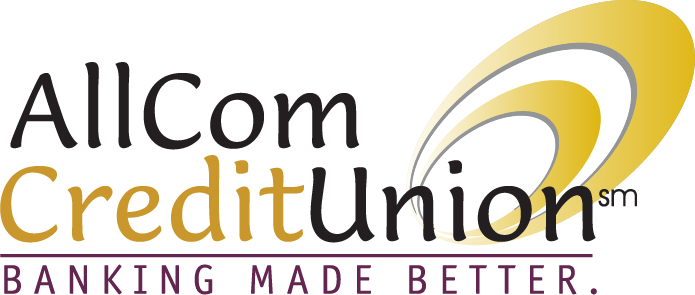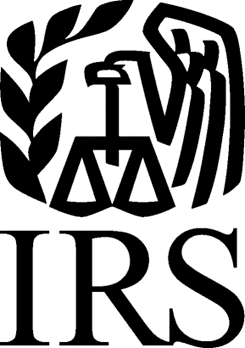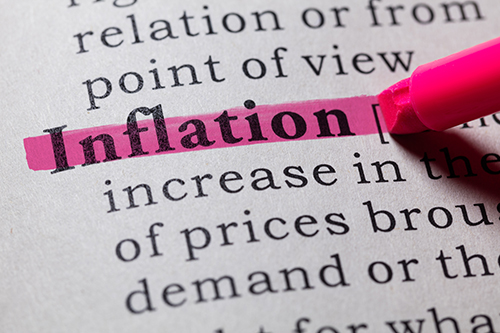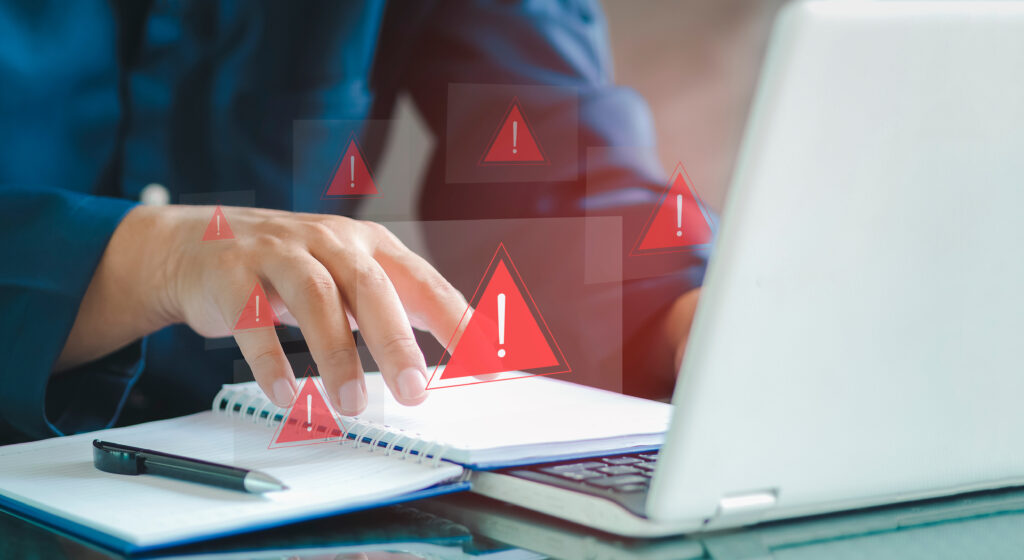The new year often comes with the tradition of formalizing goals for the coming months. In a study by Forbes, 38% of adults surveyed said their top New Year’s resolution was improving their finances. This stat comes as no surprise, as financial goals are often tangentially tied to many other aspirations on our list.
Let’s dive into some financial New Year’s resolutions that are easy to achieve and stick to for the long haul!
- Build a budget that prioritizes savings
If you’re part of the 38% of Americans prioritizing saving this year, you should know a few key things before you start. First, keep your goal attainable!
The best way to keep your savings resolution is to automate it. Start by picking a budget that prioritizes saving first. The zero-balance budget is a method of managing money where every single penny of your paycheck is accounted for. This type of budgeting lets you consistently automate your savings on payday.
- Step up your retirement contributions
If the start of the new year also means performance reviews at your workplace, this goal is easy to tackle! Retirement savings is one of the most important long-term financial goals you can work toward.
Experts recommend increasing your 401(k) contributions by at least 1% annually. If you receive a 3% raise, try increasing your retirement contributions by 1%. You’ll still be getting a 2% raise every paycheck and setting yourself up for success to live a comfortable life when you retire.
- Commit to improving your credit score
Have you ever taken a deep dive into your credit report to see if everything is correct? If you answered no, this is your year to familiarize yourself and better understand what impacts your credit score.
It’s essential to know more than just your credit score. Monitoring your credit report once a year will bring you peace of mind and help you spot any potential fraud issues before they spiral out of hand. Remember, you can access one free credit report—which includes your FICO (Fair Isaac Corporation) score—every year at freecreditscore.com.
- Assess your finances for extra saving opportunities
Saving more than you already are can sometimes feel like a stretch. Assessing your monthly spending habits can uncover extra saving opportunities you may not even realize you had!
- Make extra payments to eliminate debt
Do any of your financial resolutions involve paying down debt faster? Commit to putting “extra” money that comes your way to paying down student loans, credit card debt or your mortgage. Prioritize paying off the debt with the highest interest rates first.










